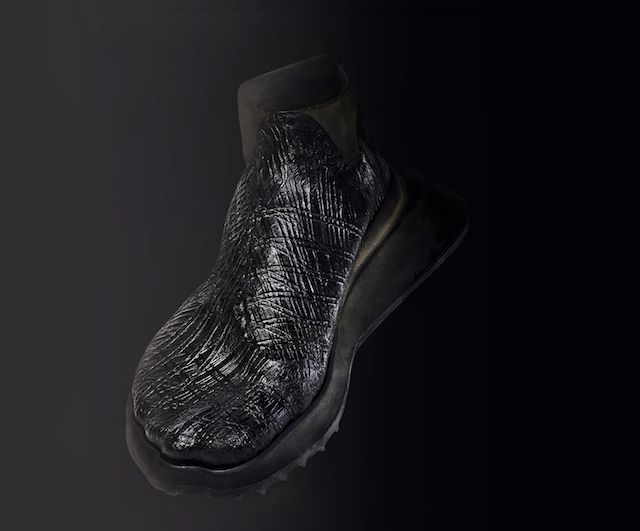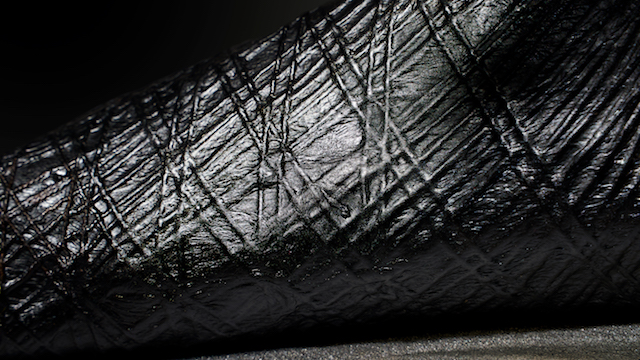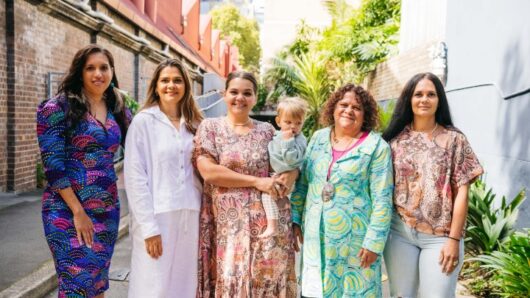In a world first, biodesigner Jen Keane and synthetic biologist Marcus Walker have successfully grown a sneaker upper material.
Woven and dyed by a single genetically modified organism, the fabric is fully compostable once the sneakers reach the end of their life cycle. The material was created with less than 10 litres of water.
The non-toxic and natural bacteria are derived from an edible strain called k.rhaeticus is commonly found in kombucha tea and produces a natural fibre called nanocellulose which is eight times stronger than steel and stiffer than Kevlar.

As part of her project This is Grown last year, Keane had manipulated the growing process of bacterium and created a new form of “microbial weaving” in construction of a strong and lightweight material that is customisable. This, along with Walker’s genetic-engineering techniques involving a self-dyeing bacterium that produces a natural pigment found in squid ink, hair and skin, was used to produce the sneaker upper material. The process of the shoe making currently takes 10 to 14 days to grow and turn the pigment into black.
As the first prototype, the shoe is not yet wearable but is under continuing research into an efficient process to allow commercialisation of the new-found material.
The product was exhibited with the support of Hong Kong’s The Mills Fabrica and Innospace, along with Tom Ellis Lab at London’s Imperial College.
Keane and Walker hope the sneaker upper material project will encourage further interdisciplinary collaboration and inspire a public conversation around synthetic biology and genetic modification to salvage the fashion textile industry from its pollutants.






